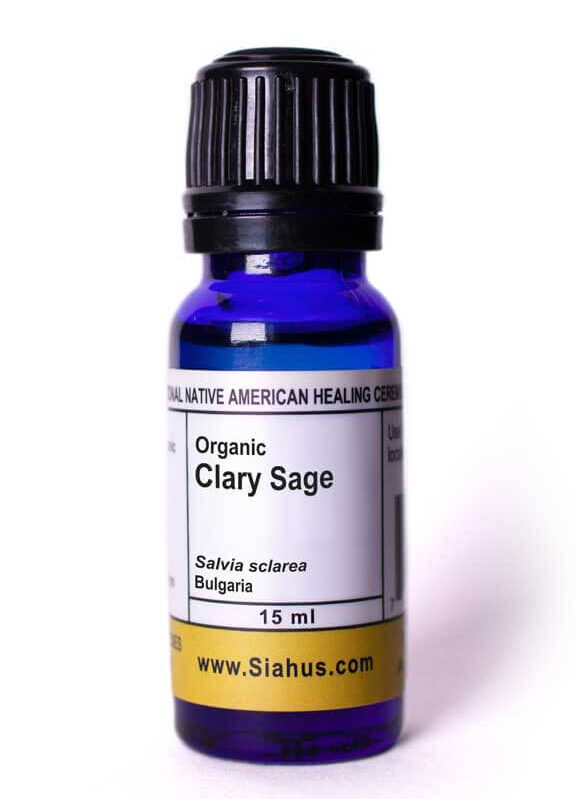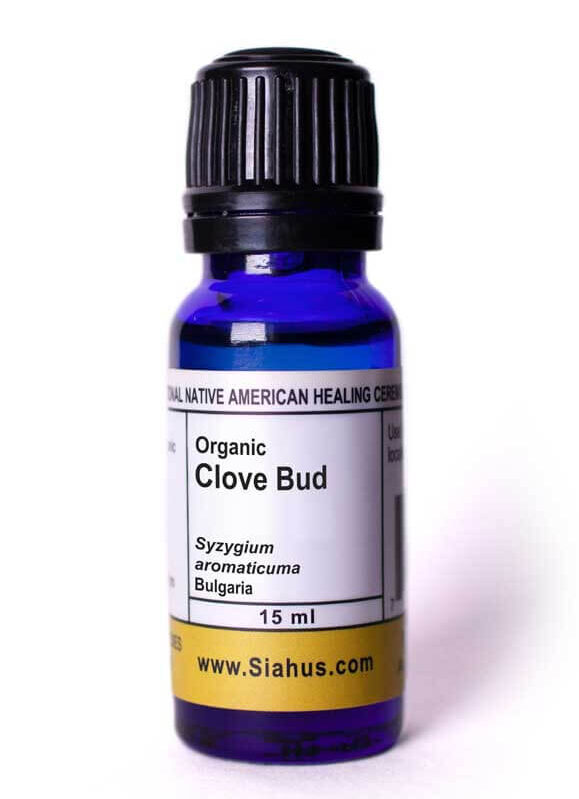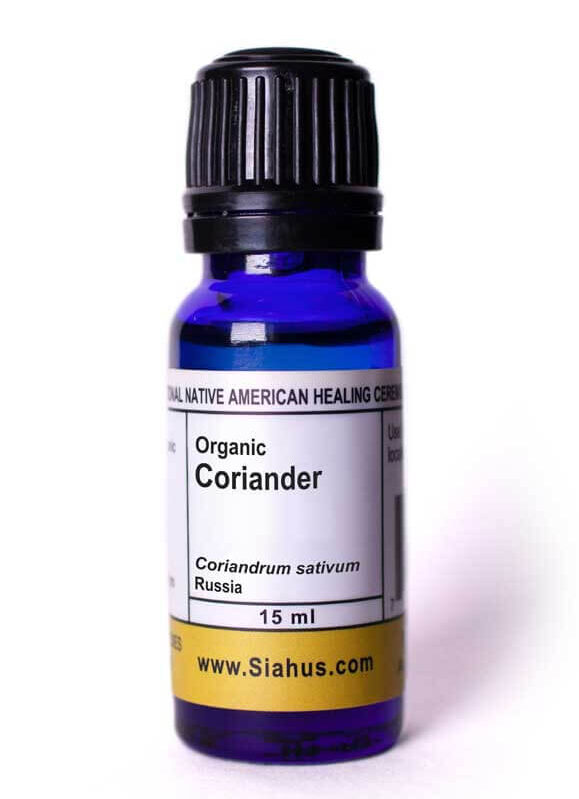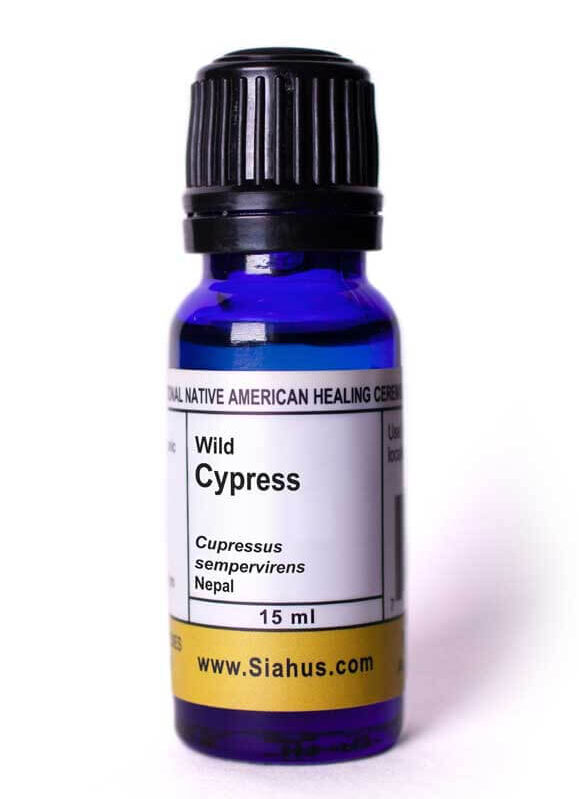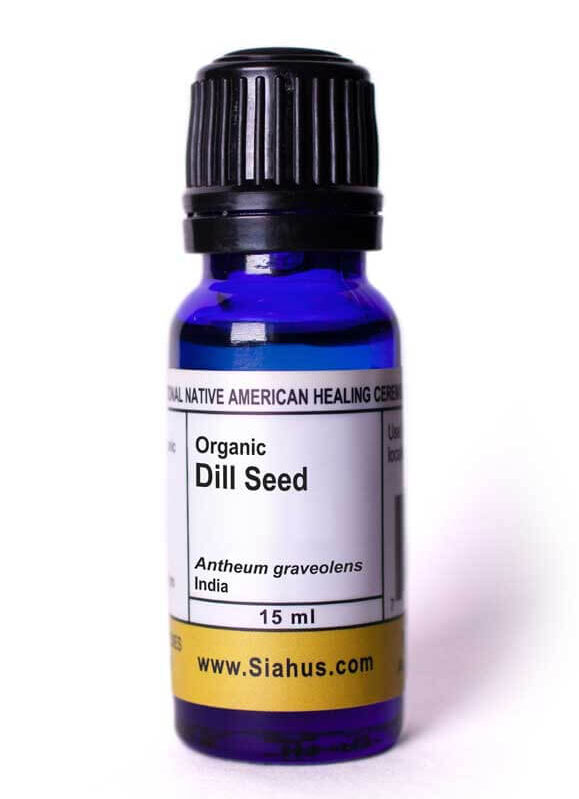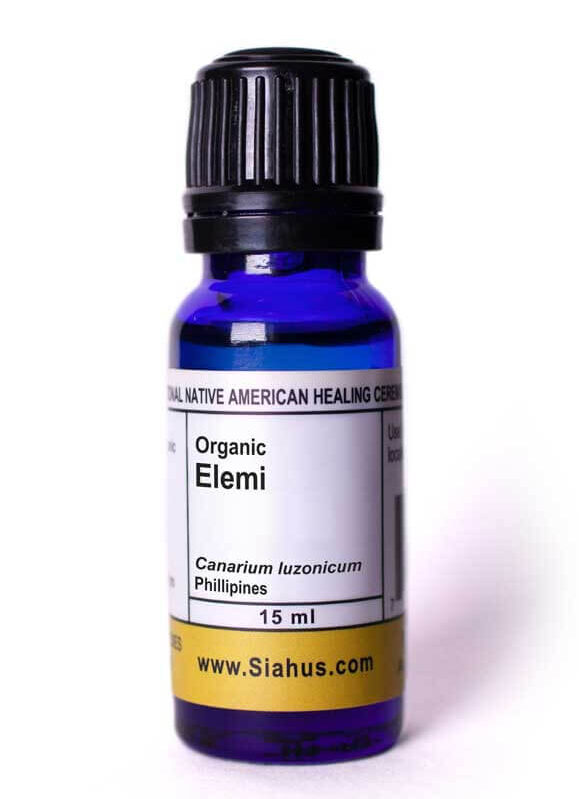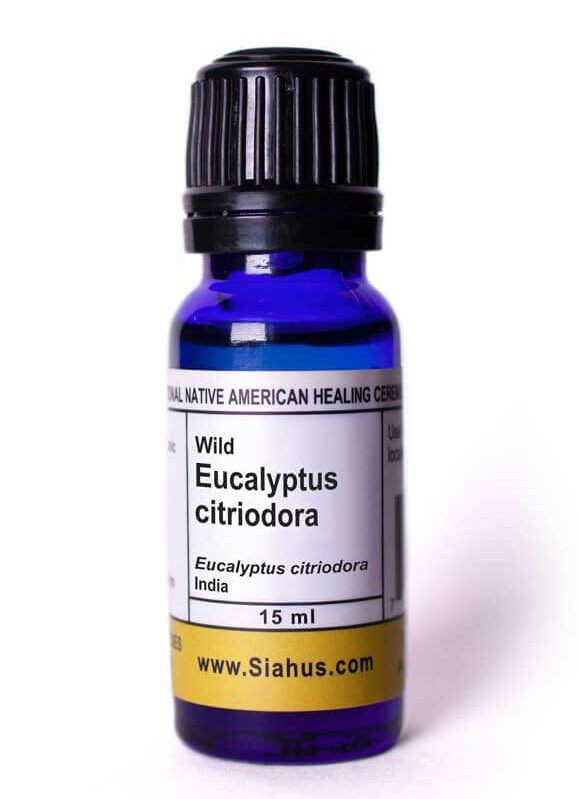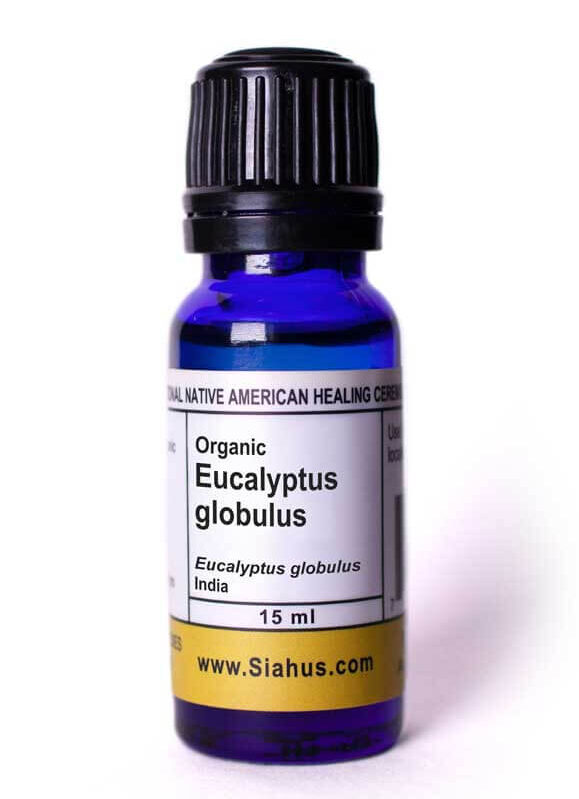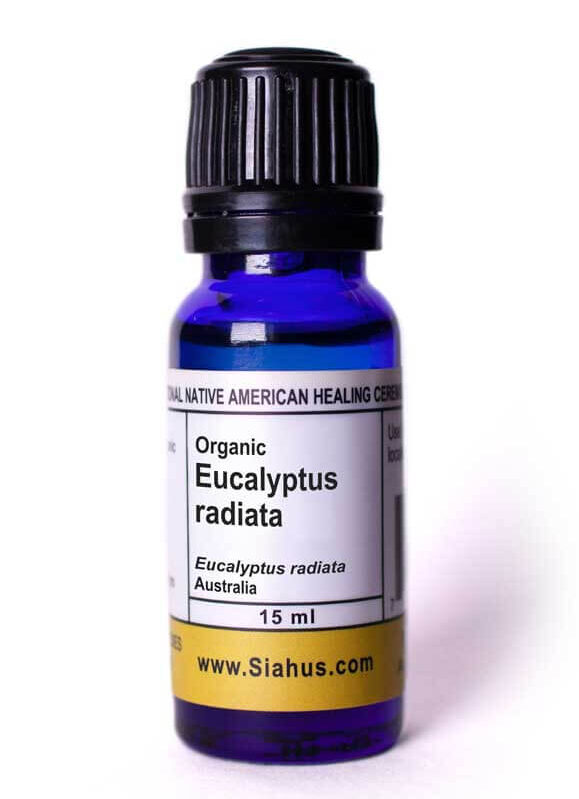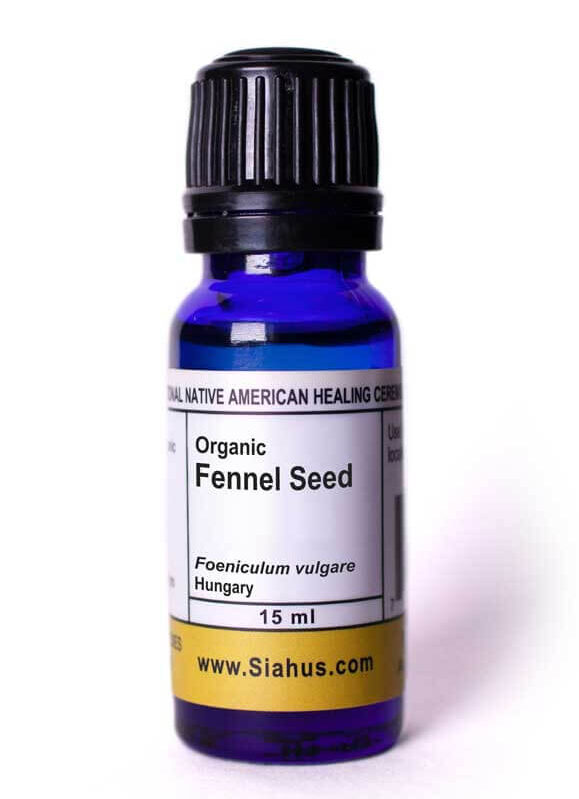Showing 25–36 of 98 results
Filter
Categories: Essential Oil Singles
Clary Sage
$28.00
Country of Origin: Bulgaria, Organic
Botanical Name: Salvia sclarea
Plant Part: Plant and Flowers
Note: Woody, Herbal
0 Reviews Write a review
$28.00
Categories: Essential Oil Singles
Clove Bud
$12.00
Country of Origin: Madagascar, Organic
Botanical Name: Syzygium aromaticuma
Plant Part: Flower Bud
Note: Spicy
0 Reviews Write a review
$12.00
Categories: Essential Oil Singles
Coriander
$21.00
Country of Origin: Russia, Organic
Botanical Name: Coriandrum sativum
Plant Part: Seeds
Note: Sweet, Suave, Spicy with Soft, Woody, Peppery Nuances
0 Reviews Write a review
$21.00
Categories: Essential Oil Singles
Cumin
$19.00
Country of Origin: Turkey and Egypt, Organic
Botanical Name: Cuminum cyminum
Plant Part: Seeds
Note: Spicy, Middle Note
0 Reviews Write a review
$19.00
Categories: Essential Oil Singles
Cypress
$13.00
Country of Origin: Nepal, Wild Crafted
Botanical Name: Cupressus sempervirens
Plant Part: Needle
Note: Herbaceous, Woody
0 Reviews Write a review
$13.00
Categories: Essential Oil Singles
Dill Seed
$22.00
Country of Origin: India, Organic
Botanical Name: Antheum graveolens
Plant Part: Seeds
Note: Spiced and Earthy Aroma that is Characteristic of Dill
0 Reviews Write a review
$22.00
Categories: Essential Oil Singles
Elemi
$14.00
Country of Origin: Philippines, Organic
Botanical Name: Canarium luzonicum
Plant Part: Resin
Note: Bright, Fresh, Green/Lemony, Peppery/Spicy
0 Reviews Write a review
$14.00
Categories: Essential Oil Singles
Eucalyptus citriodora
$10.00
Country of Origin: India, Wild Crafted
Botanical Name: Eucalyptus citriodora
Plant Part: Leaf
Note: Herbaceous and Fresh
0 Reviews Write a review
$10.00
Categories: Essential Oil Singles
Eucalyptus globulus
$10.00
Country of Origin: India, Organic
Botanical Name: Eucalyptus globulus
Plant Part: Leaf
Note: Herbaceous and Fresh
0 Reviews Write a review
$10.00
Categories: Essential Oil Singles
Eucalyptus radiata
$13.00
Country of Origin: Australia, Organic
Botanical Name: Eucalyptus radiata
Plant Part: Leaf
Note: Sweet and Refreshing
0 Reviews Write a review
$13.00
Categories: Essential Oil Singles
Fennel Seed
$14.00
Man Found Standing Writes:
Fennel Seed, Organically Grown: Hungary (Foeniculum vulgare miller)
Fennel has a strong licorice aroma and its traditional uses for emotional and physical benefits traces back for centuries. In Medieval times, it was believed to convey strength and courage to warriors, purification, and may support stamina and longevity by strengthening the solar plexus.
Primary Usages: Supports and benefits the digestive functions(indigestion, gas, pain, restlessness, vomiting, intestinal spasms, constipation, eliminates parasites). Assists urinary tract (infections, increases urination, eliminates toxins, kidney stones), gout, cystitis, diabetes, hypertension, liver, and assist to maintain a healthy spleen.
Secondary Usages: Assists lactation in nursing mothers while also protecting the baby from indigestion and gas. Aids with female issues (hormone balancing, premature menopause, reduces menstrual problems of irregular, obstructed or painful menstruation, mood swings), dizziness, headaches, and benefits the reproductive system.
Has Been Reported: To restore muscle tone, improve the skin (tightens, moisturize), fight inflammation, infections, clear excess mucus and strengthens the lungs, assists eye problems, and used as a general tonic to improve overall body functions. Useful as an appetite suppressant and some have reported wonderful healing results when used for treating scorpion and snake bites.
Descriptor: Digestive Support, Diuretic, Antiparasitic, Antimicrobial, Hormonal Balancing, General Tonic
Application: A couple of drops on location. Add a drop to your drinking water to settle an upset stomach.
Caution: Increases estrogen so avoid using if you are pregnant, have breast cancer, or have epilepsy.
Found In: Tummy Rub
Influences: Beneficial for those struggling with emotional stress, self-doubt, stubbornness issues, lack of motivation and accountability. Assists to align one’s life with their values. Promotes courage and assists in balancing the mind.
Medicine Wheel: Primary East and Secondary North and West.
Blends Well With: Anise Seed, Cypress, Geranium, Ginger Root, Juniper Berry, Lavender, Lemongrass, Myrrh, Nutmeg, Orange, Patchouli, Peppermint, Petitgrain, Pine, Rose, Sandalwood, Spruce, Tarragon, Vetiver
Recipes: Wonderful to use in cooking or as a breath freshener. Start with mixing two drops Fennel oil to one teaspoon of olive oil or melted butter and spread over vegetables such as beets, carrots, sweet potatoes, and salads. Adjust drops according to your taste. For a side dish to go along with wild salmon add two drops fennel oil sautéed in butter with thinly sliced sweet onions, chopped tomatoes, and angel hair pasta.
Country of Origin: Hungary, Organic
Botanical Name: Foeniculum vulgare miller
Plant Part: Seed
Note: Licorice-like Flavor and Aroma
0 Reviews Write a review
$14.00
Categories: Essential Oil Singles
Fir Needle
$11.00
Country of Origin: Siberia, Organic
Botanical Name: Abies alba
Plant Part: Needles
Note: Crisp, Clean Scent of a Newly-Cut Christmas Tree
0 Reviews Write a review
$11.00

